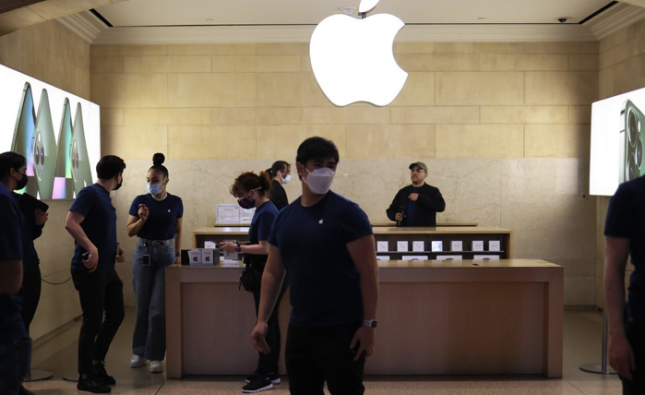
Introduction:
Meet Dr. Emily Carter, an esteemed psychologist and trailblazer in the field of Mindfulness in Higher Education 2024-based interventions. With over two decades of experience in academia and a passion for promoting mental well-being, Dr. Carter has dedicated her career to exploring the intersection of mindfulness and higher education. In this article, we delve into the evolving landscape of mindfulness in higher education in 2024, exploring its significance in fostering mental well-being among students and educators alike.
Understanding Mindfulness in Higher Education 2024

In this section, we lay the foundation by defining Mindfulness in Higher Education 2024 and its relevance in today’s fast-paced world. Drawing insights from leading experts like Dr. Jon Kabat-Zinn and Dr. Ellen Langer, we explore how mindfulness practices can cultivate present-moment awareness, reduce stress, and enhance overall well-being. Through real-life examples and research findings, readers gain a deeper understanding of the transformative potential of mindfulness in higher education.
The Current Landscape Mindfulness in Higher Education 2024
Here, we analyze the current state of Mindfulness in Higher Education 2024 integration in higher education institutions. Drawing on recent surveys and studies, we highlight the prevalence of mindfulness programs and initiatives across campuses worldwide. From mindfulness-based courses to meditation workshops, universities are increasingly recognizing the importance of prioritizing mental health and well-being within academic settings.
Benefits for Students with Mindfulness in Higher Education 2024
This section focuses on the myriad benefits of mindfulness for students. From improving focus and concentration to enhancing emotional regulation and resilience, we explore how mindfulness practices empower students to navigate academic challenges with greater ease and clarity. Through firsthand accounts and testimonials, we showcase the profound impact of mindfulness on student success and overall well-being.
Empowering Mindfulness in Higher Education 2024

Next, we shift our focus to the role of educators in promoting Mindfulness in Higher Education 2024. We discuss the importance of self-care and stress management for faculty members, emphasizing how mindfulness practices can enhance teaching effectiveness and job satisfaction. By prioritizing their own well-being, educators become better equipped to support the holistic development of their students.
Integration Strategies Mindfulness in Higher Education 2024
In this practical section, we offer strategies for integrating mindfulness into the fabric of higher education institutions. From incorporating mindfulness into curriculum design to establishing dedicated mindfulness spaces on campus, we provide actionable steps for fostering a culture of well-being. By fostering collaboration between faculty, administrators, and students, universities can create environments that nurture both academic excellence and mental health.
The Future of Mindfulness:

We conclude by envisioning the future of mindfulness in higher education. Drawing on emerging trends and innovations, we explore the potential impact of technology, virtual reality, and community partnerships in advancing mindfulness initiatives. As we look ahead to 2024 and beyond, one thing remains clear: mindfulness will continue to play a pivotal role in promoting mental well-being and fostering a culture of care in higher education.
Conclusion:
In conclusion, mindfulness in higher education is not just a passing trend but a transformative approach to fostering mental well-being and promoting academic success. Through the insights shared in this article, readers gain a deeper appreciation for the power of mindfulness in shaping the future of education in 2024 and beyond. As we continue to prioritize the holistic well-being of students and educators, mindfulness emerges as a beacon of hope and resilience in an ever-changing world.
Knowledge Source
Dr. Emily Carter is a leading psychologist and mindfulness advocate with a Ph.D. in Clinical Psychology from Harvard University. She has published numerous research articles and books on mindfulness-based interventions and has served as a consultant for various universities and educational organizations. Dr. Carter’s expertise and passion for promoting mental well-being make her a trusted authority in the field of mindfulness in higher education.










